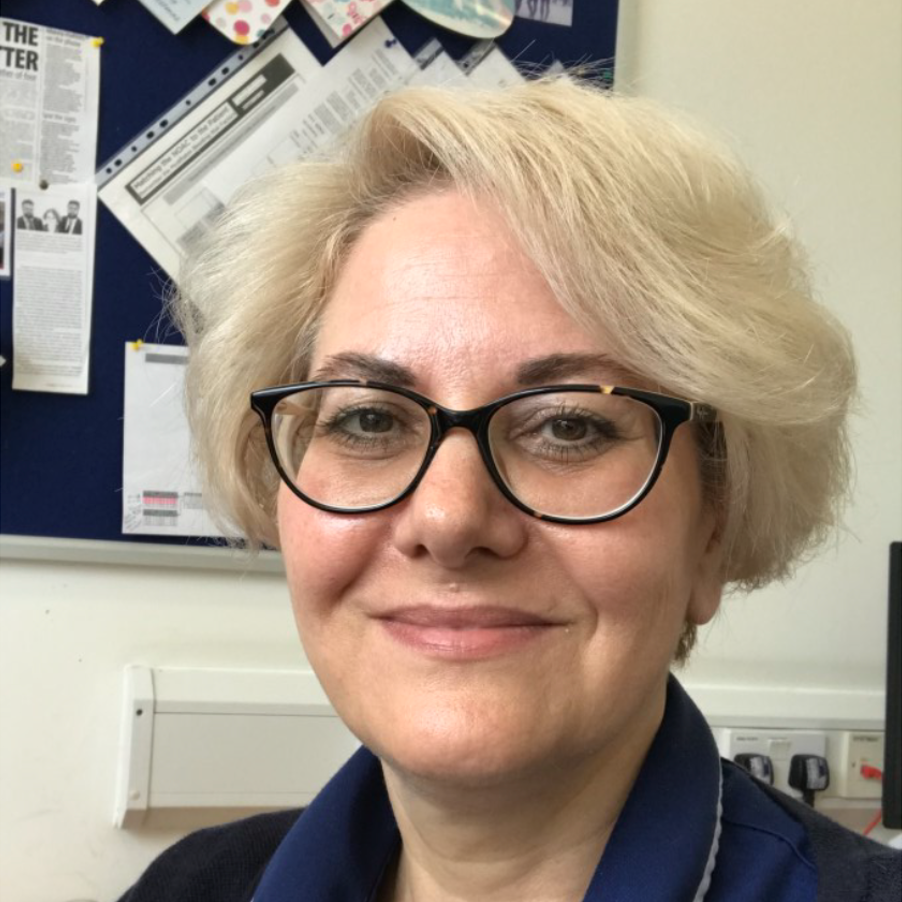
Postural Orthostatic Tachycardia Syndrome (POTS) is a common condition, with an estimated minimum prevalence of 0.2% (n~135,000), which is rarely diagnosed. POTS can be debilitating, with a significant impact on quality of life, incurring a substantial socio-economic burden. In POTS there is a significant heart rate response to standing (>30 beats per minutes), making standing up difficult. Symptoms include light-headedness, poor concentration, extreme fatigue and palpitation. The average age at diagnosis is between 17-35 years, affecting 5 times as many young women as men. Self-management support programmes in other heart conditions have improved quality of life whilst reducing health care costs and the socio-economic burden. Developing a supportive self-management intervention in POTS could have a significant impact on quality of life and reduce health care costs.
The project’s aims are to improve support and outcomes for people with POTS by developing a self-management support intervention and testing for feasibility. We plan to do 3 phases of research:
There will be a project public and patient advisory group to inform and shape the research development. We will keep the website up to date with the progress of the three phases of the project.
We hope this will provide an in-depth exploration of the experience of POTS to inform a supportive self-management programme. To achieve this, we will involve public and people with POTS in the development of the research project through an advisory group and a co-creation workshop.
Contributors
Publications
This publication maps out the current literature that exists on PoTS and what research is needed moving forwards to fill these gaps.
Funder: British Heart Foundation

BHF PhD nurse fellow
Helen is a British Heart Foundation PhD nursing fellow and is currently involved in developing a supported self-management programme for people with POTS.

hEDStogether lead
Gemma is the lead for this world-leading hEDS together research theme, she is involved in all of the featured research projects and has hEDS/HSD herself.
Follow us for the latest on hypermobile Ehlers Danlos Syndrome and Hypermobility Spectrum Disorders.